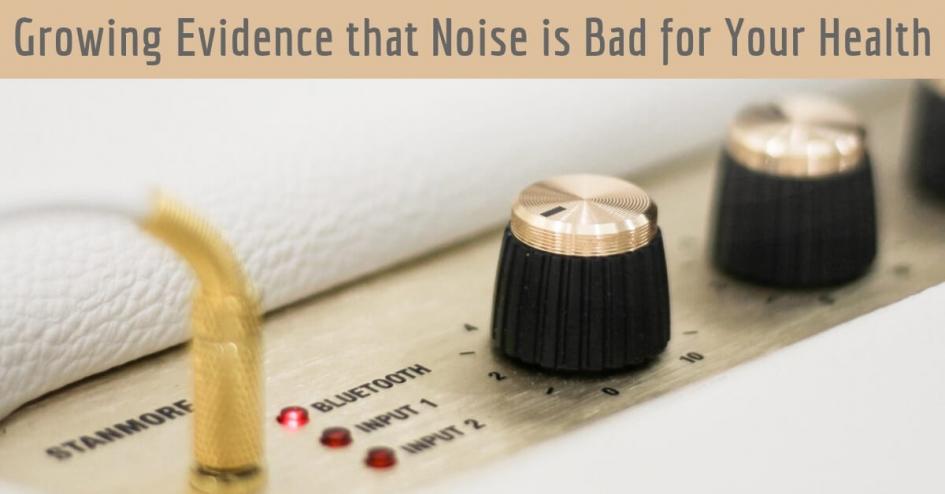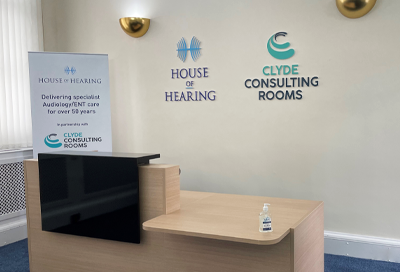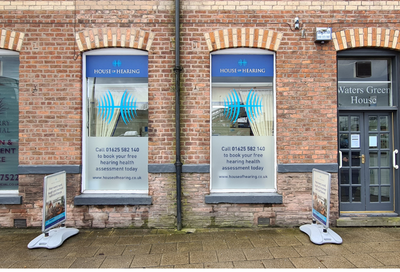
Growing Evidence that Noise is Bad for Your Health
Nov 20, 2018
Many of us don’t think about the fact that the sounds we hear on a daily basis could be damaging our hearing, making our stress levels rise, and impacting our physical and mental health. We take certain sounds and noises for granted as just being part of our surroundings–a passing train, an airplane flying overhead, music emanating from a pub, the steady stream of traffic on the street outside–these are the typical sounds that make up city life. But when these sounds reach bothersome and intrusive levels, it becomes noise pollution. Just like air and water pollution, noise pollution can have lasting negative effects on human health. This year, the World Health Organization has published new guidelines for Europe on what constitutes safe and unsafe sound levels. This noise-related health research was published with the aim of supporting legislation, educating policymakers, and prompting further research on the far-reaching impacts of noise pollution.
New World Health Organization guidelines on safe and unsafe noise levels
This is the first substantial WHO publication of noise recommendations for Europe since its 2009 Night Noise Guidelines; the new guidelines will remain valid for ten years. The report also states that there is a growing political awareness of the health effects of noise, and that research has "intensified over the last ten years". The World Health Organization hopes that these guidelines will help to protect human health from noise and raise awareness among policymakers, as well as the general public. The research highlighted serious health outcomes, including coronary heart disease, high blood pressure, annoyance, sleep disturbance and children’s learning and hearing loss. Other topics which were examined include: mental health and quality of life, metabolic syndrome (including diabetes) and adverse birth outcomes. There was less focus placed on birth outcomes or metabolic syndrome, only because research on these subjects is not substantial enough yet. Hopefully there will be more research on these important topics in the future. The recent findings reveal that road traffic noise exposure is linked with an increased risk of abdominal obesity and diabetes. Both these conditions could be a side effect of exposure to chronic stress, which often results from prolonged exposure to noise. They paint a fuller picture of how environmental noise affects human health. There is now conclusive evidence that road traffic noise exposure increases the risk of heart attack.Two new sources of noise identified in study
Along with road traffic, railways and air traffic, there were two new sources of noise examined in the study: wind turbine noise and leisure noise. The latter includes sound coming from pubs and nightclubs, live sporting events, concerts and live music shows and the music we listen to through headphones. As of yet, there is little conclusive evidence on the effects of wind turbine noise on human health. The findings state that they cause annoyance, but evidence of sleep disturbance is still insubstantial. Wind turbines require complex analysis because of the specific low-frequency noise they produce, as well as their visual effect. The bottom line is that more research is needed before conclusions can be drawn. The latest WHO study includes high-volume music noise for the first time, stating that almost 50 percent of 12-to-35-year-olds in middle- and high-income countries are subjecting their ears to unsafe volume levels through their personal listening devices. The document also states that 40 percent of us are exposed to potentially dangerous levels of sound at nightclubs, bars and sporting events. The limits for leisure noise are based on a person’s cumulative exposure across the year, from all sources. The safe yearly average that WHO "strongly" recommends is no more than 70 decibels. To protect yourself from harmful excessive noise during your leisure time, be sure to wear earplugs at noisy events and keep the volume of your personal audio device to a safe level.Contact House of Hearing to learn more about your hearing health
Your hearing may be at risk if you live in a particularly noisy area or frequently spend your leisure time in loud places. Schedule an appointment with House of Hearing for a comprehensive assessment of your current hearing health, and to find out about specialist hearing solutions.Our Clinics
All House of Hearing clinics are in town centre locations and accessible to public transport and parking. Home visits also available if mobility is an issue.


.png)

.png)
.png)


.png)
